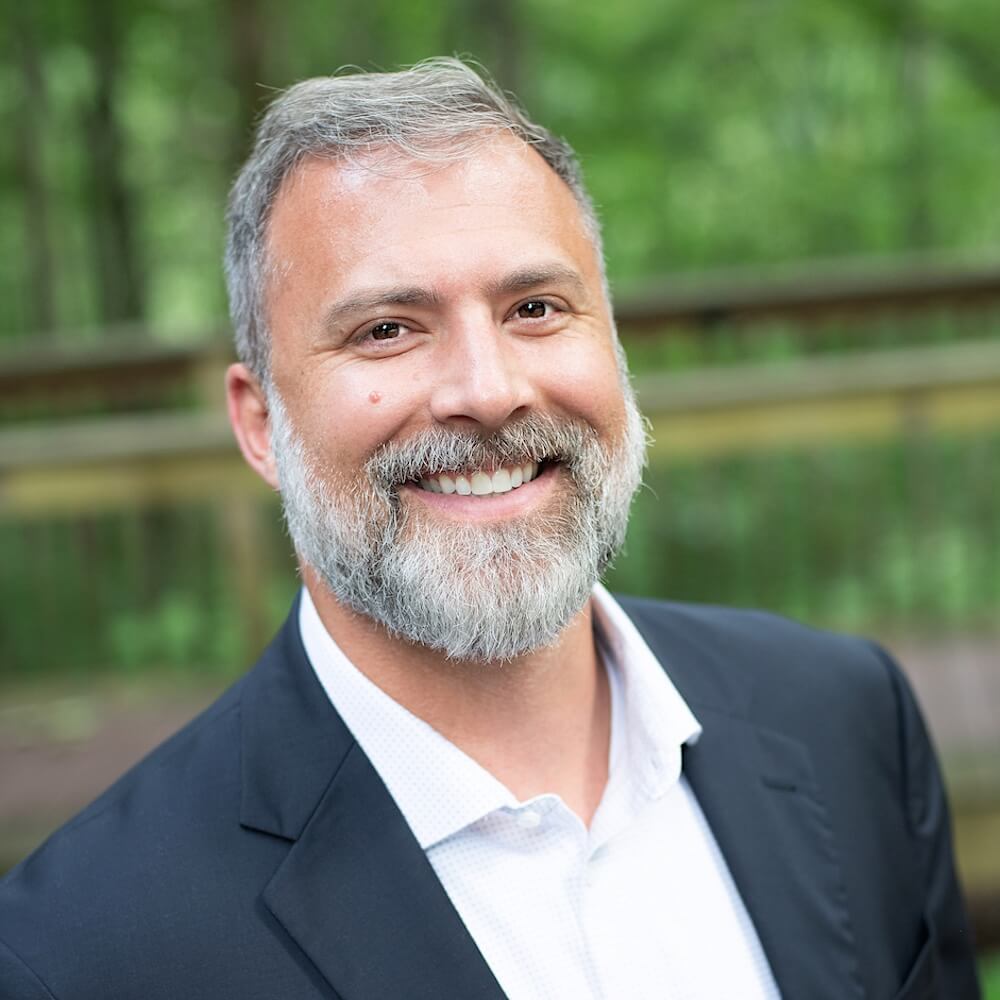Do-it-yourself (DIY) investing holds significant appeal for many people. However, if you ever feel the drive to manage your own investments, you may want to think about it carefully.
Consider this. Every day, people seek professional help for issues they cannot fix or manage on their own. They go to doctors for medical care. They go to mechanics for car care. Families turn to plumbers, electricians, and other specialists who can care for their home.
But there’s one facet of life Americans overwhelmingly handle on their own — their money! In fact, 99% of Americans don’t get any care at all for their financial problems.
Why is that? There are many reasons.
While DIY investing is certainly possible given all the resources available these days, there is a significant potential downside that you need to know about.
Between 1995 and 2015, the S&P 500 Index earned an average return of 9.85% annually. During that same period, the average equity fund investor earned a much lower 5.19% a year.
Behavioral economists, researchers who study why investors act like they do, believe that psychological biases cost DIYers performance. These biases, or thinking patterns, can influence an investor’s decision-making process and negatively affect the investor’s objectivity.
For example, one bias almost everyone shares is the disposition bias, or the tendency to sell investments that have grown in value while holding onto investments that have lost value. Their hope may be that the losing investments will eventually recover. Unfortunately, there is guaranteed connection between the price one pays for an investment and that investment’s future performance. And so, in holding on to the losing stocks, investors can miss out on other opportunities.
Then, there is the confirmation bias. Most people are inclined to accept information that confirms what they already believe, regardless of whether it is accurate or not. On the flip side, people tend to ignore or overlook information that contradicts something that they believe to be true.
One other bias to be aware of is the loss aversion. Humans are wired to respond more strongly to the pain of loss than to the joy of the gain. Because of that wiring, fear of possible financial losses could keep risk-averse investors on the sidelines forever. Over time, that could potentially put their financial future and purchasing power at risk.

A financial advisor is a professional who uses data and research to evaluate various aspects of investment performance. Fiduciary advisors strive to act as an objective third party. They can help you spot psychological biases and navigate around your blind spots.
Investors who work with financial advisors enjoy the benefits of tapping into their advisor’s knowledge and resources. They get a financial coach who is monitoring the markets and staying on top of news, products, current events, and research — all things that DIY investors may not have the time to pursue.
Much like hiring a doctor, a lawyer, or a CPA, make sure the financial advisor you choose is appropriate for your needs.
Here are some of the things to look for when researching an advisor.
Research and due diligence are an important part of finding good investments — and of choosing the right financial advisor. Working with an advisor you trust has tremendous value. He or she can help you feel comfortable investing in the markets, choose investments that match your needs and risk profile, and help you make the right choice for your financial goals during market turbulence.
All investments include the risk of loss and nothing herein should be construed as a guarantee of any specific outcome or profit, or construed as an offer to sell or a solicitation of an offer to buy any security. Past performance is no guarantee of future results. The information described herein is distributed for informational and educational purposes only and should not be construed as investment, tax or legal advice. Furthermore, the information described herein is derived from sources believed to be accurate, but no guarantee can be made as to its accuracy or completeness. Any opinions stated herein are current only as of the date of original publication and are subject to change without notice. Neither WealthSource Partners, LLC nor its affiliates have any obligation to provide revised opinions in the event of changed circumstances. WealthSource makes no warranties and is not responsible for your use of the information described herein or for any error, cost, loss, or penalty resulting from your use.
